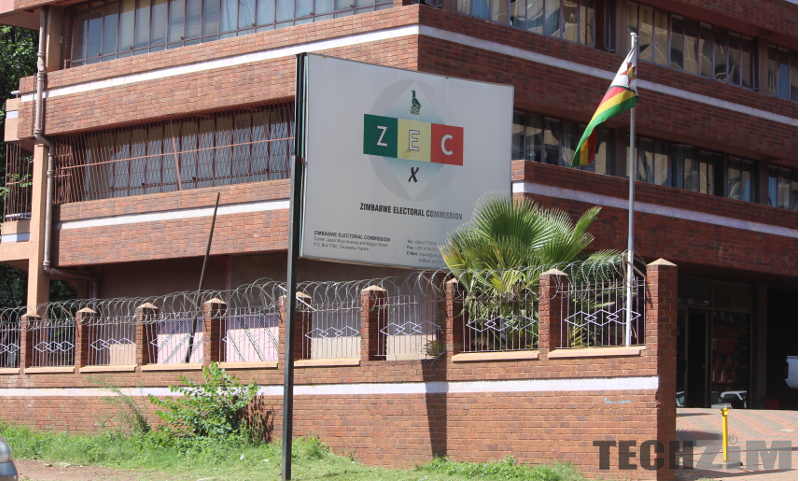By Harry Ruka Mazhindu
Ever since the 1990s, international observation of elections has become widespread that refusing observers is an indirect admission of fraud as was the case in Zimbabwe between 2002-2013 presidential, parliamentary and subsequent general elections. However, observers opinions despite usually varied can almost do nothing to impact on the outcome of an election and sometimes cannot stand legal test as was the case in Kenya general election last where observes from the Common Market for Eastern and Southern Africa (COMESA) and the European Union (EU) endorsed the outcome which the Supreme Court thought otherwise.
With the coming in of the new dispensation last November, President Emmerson Mnangagwa government has invited about 49 international observes ahead of the 30 July harmonised elections, a list that include the European Union (EU), National Democratic Institution (NDI), international of Republican Institute (IRI), organisations that are observing for the first time since 2002.
The Economist in an article titled: “What do election observers do?” (21 June 2017), note that according to Susan Hyde of the University of California, Berkely, today observers scrutinise around 80 percent of all national elections , up from less than 30 percent in 1989.
NDI/IRI and the EU wherever they observe elections, they begin work several months ahead of an election as the case here in Zimbabwe where they are already on the ground and had meetings with government officials, political parties and media and inspected the voters’ roll inspection that was conducted between 19-29 May 2018.
There is an understanding that elections are not only about the actual voting day but a cycle that involve pre-election, actual Election Day and post-election. There are long term observers and short term observers. The former are deployed months before election whilst the latter are deployed a few days before election. Foreign observers are invited by host nation and our case through the Ministry of Foreign Affairs and International Trade and are registered with Zimbabwe Electoral Commission (ZEC) for them to be able to visit polling stations and undertake anything associated with elections.
Once registered with ZEC, observers, whether local or international, can spread across the country and move from one poll to another observing the electoral process in order to guard against fraud. With technology, observers are now able to estimate their own final tallies of election results and compare with the legal results released by ZEC.
Observers are important in that they certify the legitimacy of an election in that the more local and foreign observers that endorse the outcome of an election the more the election seen as free, fair and credible. However, as stated earlier, observers cannot legally certify outcome of the election. Legally, certification of outcome of election remains with ZEC and the Electoral Court in relation to parliamentary elections and Constitutional Court in cases of the presidential election disputes.
The presence of observers does not necessarily stop rigging as in most cases they would not be able to cover all the polling stations due to manpower constraints. It is therefore the role of political parties and candidates to make sure that they use the Electoral Act to the maximum to deploy polling agents to scrutinise the voting processes and report any cases of fraud.
